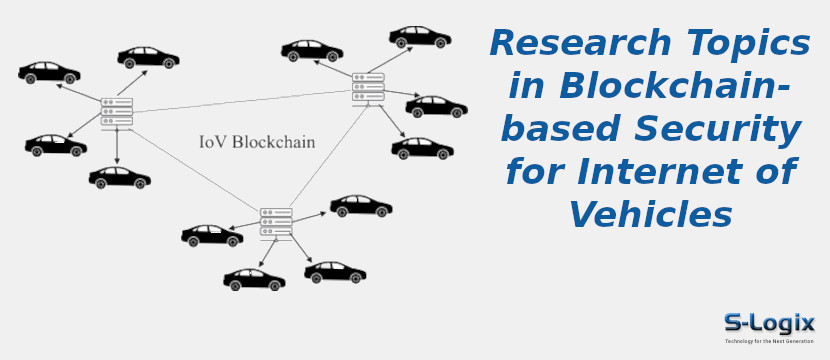The Internet of Vehicles (IoVs) are similar to vehicular ad hoc networks, whereas they adopt novel technologies into exiting vehicular networks to overcome the limitations. The development of technologies and design refers to the advantages of IoVs.
The IoVs produce different types of data using onboard devices and share the data with other IoVs to improve the safety level of users. The IoVs necessitate a centralized authority or third-party verification to meet the security requirements. Hence, a single point of failure may break the entire system activity. Thus, it leads to system availability threats.
The IoVs should have to validate the network operations and messages through appropriate security mechanisms. Blockchain technology addresses the IoV security issues using its decentralized and immutable nature. The features offered by blockchain over IoV are as follows.
• Decentralization
• Transparency
• Collective maintenance
• Reliable database
• Automation
Blockchain technology handles the following two security issues of IoV networks.
• Access Control
• Message Validation
Research Topics
